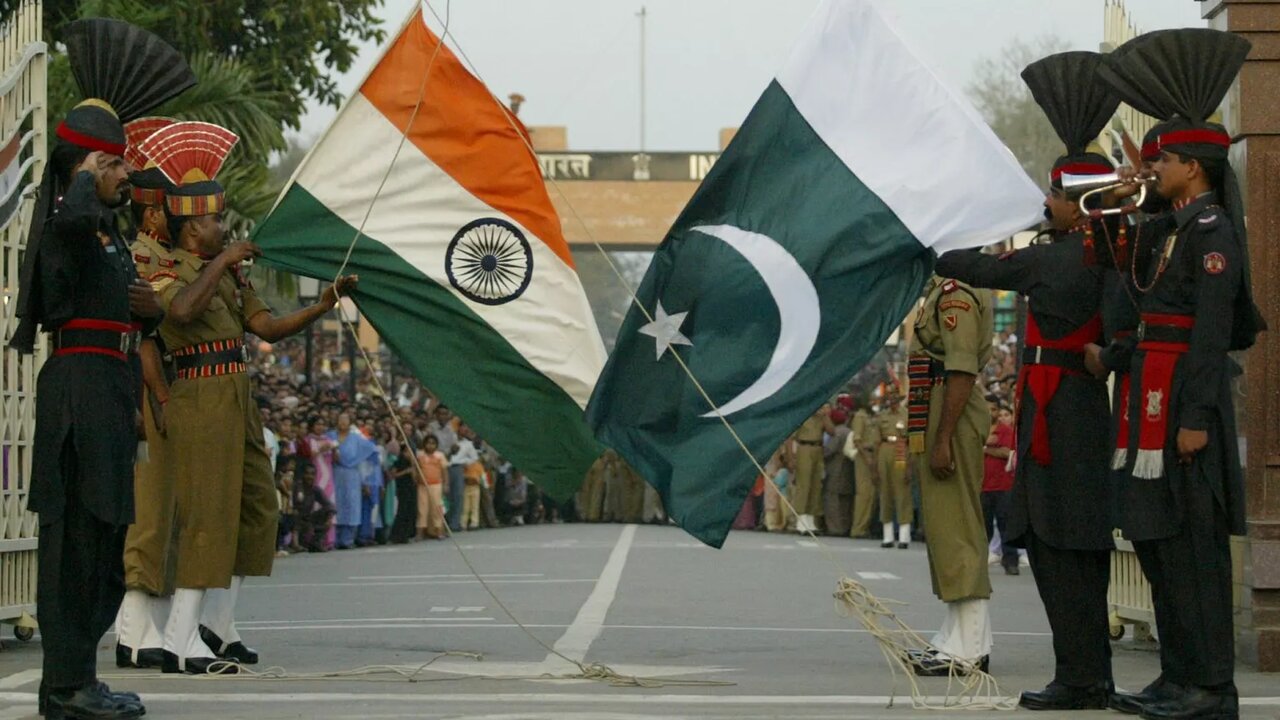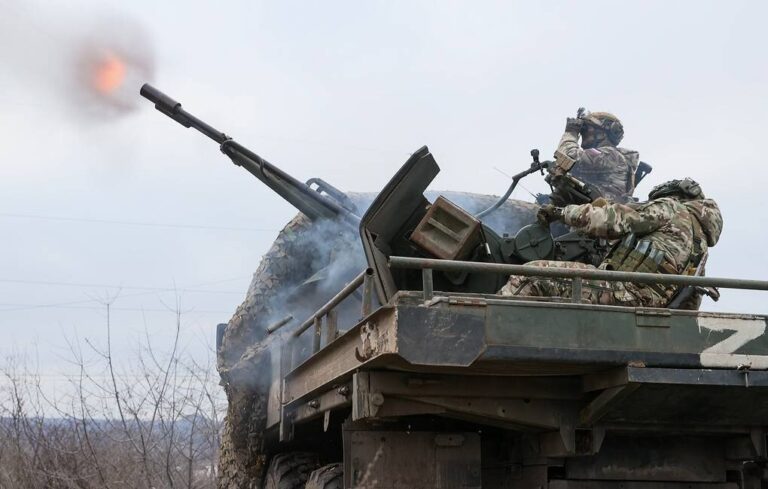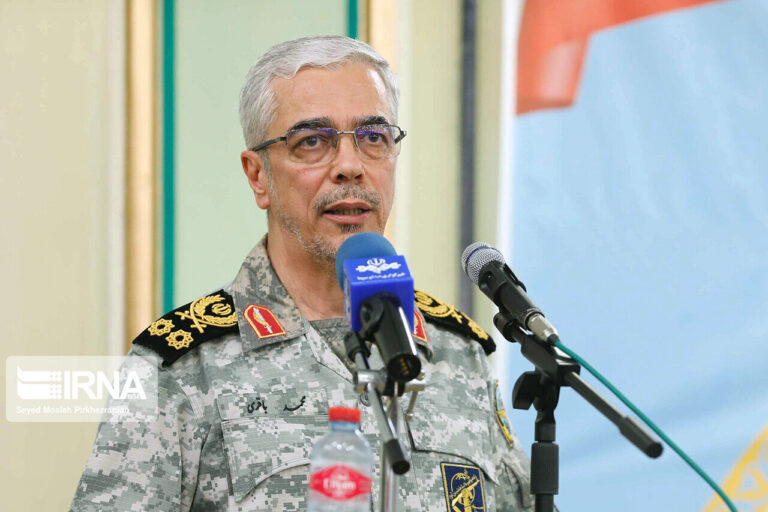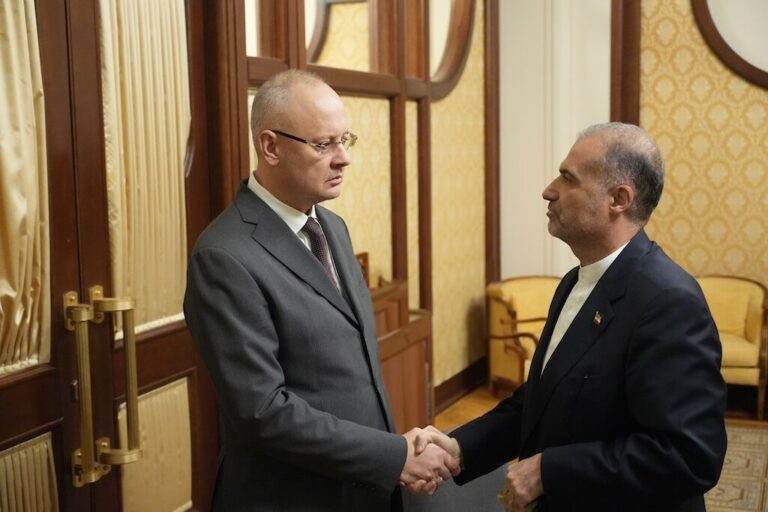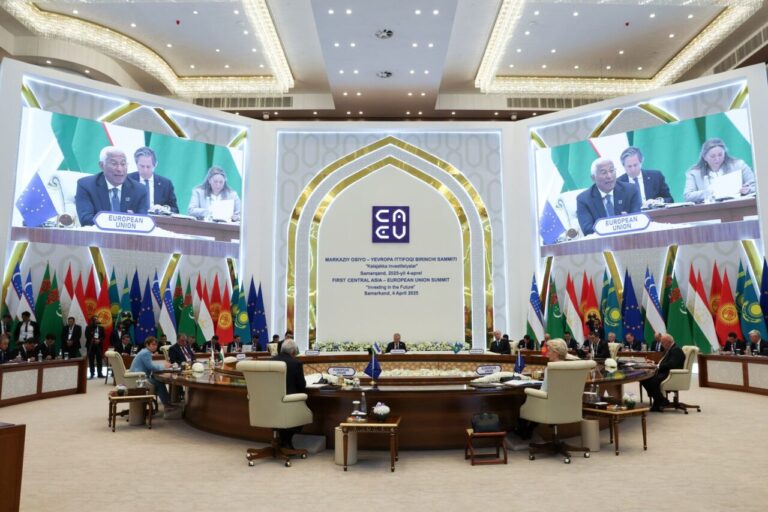Pakistan Issues Strong Warning to India: Prepared for Robust Retaliation in Event of Attack
In recent developments concerning tensions between India and Pakistan, officials from Islamabad have expressed grave concerns over a potential military attack from India. This situation underscores the delicate and volatile nature of regional security, highlighting the need for diplomatic resolutions and effective communication.
According to a statement made during an exclusive interview with Pakistan’s Dunya TV, a high-ranking official reiterated that Pakistan has received “credible information” regarding an impending Indian military action. The official emphasized that if India were to initiate an attack, it would provoke a “befitting response” from Pakistan.
In the current climate of heightened tensions, the role of Pakistan’s Army Chief General Syed Asim Munir has been pivotal. The official reiterated the military’s preparedness, indicating that Pakistan is on high alert in light of potential armed conflict. This readiness is critical as both nations navigate through escalating hostilities.
The official firmly rejected India’s narrative surrounding ongoing regional issues, suggesting that New Delhi is facing “diplomatic embarrassment” on the global stage. He claimed that Pakistan is actively working to present its case effectively, aiming to gather international support and articulate its position worldwide.
Moreover, the official highlighted the ongoing communication efforts by Pakistani Prime Minister Shehbaz Sharif with key allies such as China and Saudi Arabia. These discussions are focused on conveying Islamabad’s stance regarding what they perceive as “India’s provocative stance.”
- False Narrative: The official stated, “The Indian narrative is false. India is embarrassed diplomatically. Pakistan, on the other hand, is succeeding in presenting its case on the global front.”
- Terror Attack Impact: The recent terror attack in Pahalgam, which resulted in the deaths of at least 26 tourists on April 22, 2025, has further strained relations. Pakistan has categorically rejected any involvement in this incident.
Since the incident, both India and Pakistan have engaged in reciprocal measures that have escalated the situation. India has suspended the Indus Waters Treaty, a critical water-sharing agreement that was mediated by the World Bank and signed in 1960. Additionally, India has closed the Wagah-Attari border crossing.
- Pakistan’s Response: In response, Pakistan has suspended visas issued to Indian nationals and has closed its airspace to Indian airlines.
The suspension of the water treaty has been described by the official as an “unprovoked and reckless move.” He further characterized India’s action as a “childish act,” asserting that Pakistan will not tolerate such measures. This stance reflects the growing frustrations within Pakistan regarding India’s recent decisions.
The official noted that Pakistani delegations are being dispatched to various countries to reinforce Islamabad’s position on the status quo. These delegations aim to address what he referred to as “India’s terrorism” and to garner international support for Pakistan’s narrative.
Despite the tense atmosphere and the recent terrorist assault, calls for de-escalation continue to come from neighboring countries, global actors, and international organizations, including the United Nations. These entities are urging both nations to resolve their disputes peacefully and to engage in constructive dialogue.
In conclusion, the current situation between India and Pakistan remains critical, with both nations entrenched in their positions. The need for diplomatic engagement and peaceful resolution is paramount as regional stability hangs in the balance. The international community will be watching closely, hoping for a peaceful outcome that prioritizes dialogue over conflict.
As the situation unfolds, it is essential for both sides to consider the broader implications of their actions and to work towards a resolution that fosters long-term peace and stability in the region.
